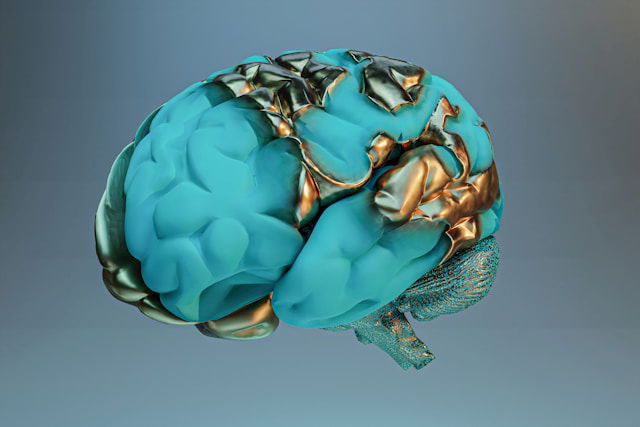
Millipedes may look a little creepy with their many legs, but scientists are discovering that these creatures could help us develop new medicines for treating pain and brain disorders.
A research team led by chemist Emily Mevers recently found new natural compounds in millipede secretions that can affect brain function in ants, which may one day lead to drug discoveries for humans.
These newly found compounds belong to a group of natural substances called alkaloids. The team named them the andrognathanols and andrognathines after the millipede species Andrognathus corticarius.
This millipede lives in a forested area called Stadium Woods on the Virginia Tech campus. The team’s findings were recently published in the Journal of the American Chemical Society.
Emily Mevers is known for studying unique creatures in nature that have been overlooked by scientists. Her goal is to discover new chemicals that could be turned into medicines. In this case, her team collected millipedes from under leaves and branches and studied the chemicals the millipedes release when they feel threatened.
They found that the millipedes’ secretions not only help keep predators away but may also serve as a signal to other millipedes nearby. These secretions include complex chemicals that had never been seen before.
Even though millipedes are common in nature, there’s still a lot we don’t know about them. For example, researchers are still learning about where they live, what they eat, and what their behaviors mean.
To uncover more about these mysterious creatures, Mevers is working with millipede expert Paul Marek from the entomology department at Virginia Tech.
In earlier research, Mevers and Marek discovered similar alkaloids in another millipede species from the Pacific Northwest.
Those compounds were found to interact strongly with a specific brain receptor called Sigma-1. This receptor plays a role in managing pain and brain activity, and targeting it could lead to new treatments for pain and neurological problems.
The new compounds found in the Hokie millipede (named after Virginia Tech’s mascot) seem to work in a similar way. The team noticed that when ants came into contact with the millipede’s secretions, they became confused and disoriented.
Some of the new alkaloids also interacted with the Sigma-1 receptor, making them interesting candidates for future drug research.
The next challenge is to make more of these compounds in the lab. According to Mevers, the chemicals are very complex, so creating them artificially will take time. Once they’re available in larger amounts, the team can start testing their effects more deeply and see if they can be developed into real medications.
This exciting research shows how creatures like millipedes, often ignored or misunderstood, could one day help people live healthier lives through new treatments.
If you care about stroke, please read studies about how to eat to prevent stroke, and diets high in flavonoids could help reduce stroke risk.
For more health information, please see recent studies about how Mediterranean diet could protect your brain health, and wild blueberries can benefit your heart and brain.
The study is published in the Journal of the American Chemical Society.
Copyright © 2025 Knowridge Science Report. All rights reserved.



